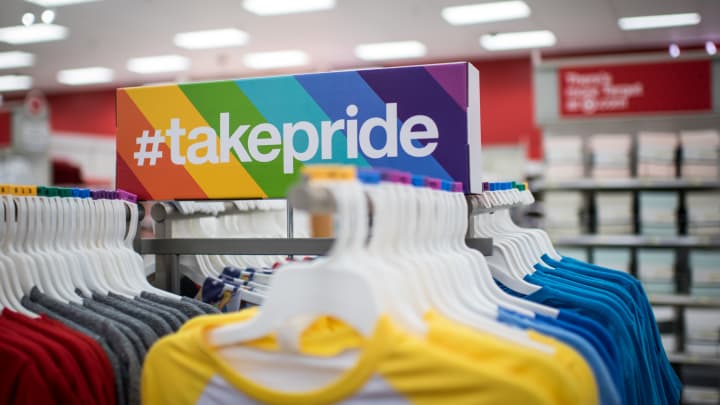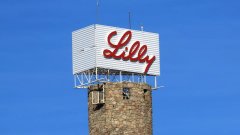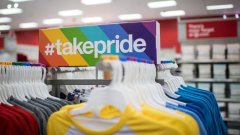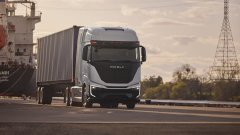
CEO Brian Cornell defended his decision to merchandise off shelves earlier this year, saying backlash against the items led to the most serious safety threats that he can recall in his decade with the company.
In an interview with CNBC's Becky Quick that aired Thursday morning on " " Cornell said employees dealt with "very aggressive behavior" in stores, including threats, destruction of merchandise and disruptions at the cashier area. He said some people yelled at employees and "threatened to light product on fire" in stores.
"I've seen natural disasters," Cornell said. "We've seen the impact of Covid leading into the pandemic. Some of the violence that took place after George Floyd's murder. But I will tell you, Becky, what I saw back in May is the first time since I've been in this job where I had store team members saying, 'It's not safe to come to work.'"
Target has sold merchandise timed for Pride month, which celebrates LGBTQ+ people and issues in June, for more than a decade. Yet the Minneapolis-based discounter faced sharp backlash this year to items in the collection, which included swimsuits and other items for transgender customers.
The response coincided with laws across the country that restrict medical care, bathroom access and more for transgender Americans and set guidelines for the social issues that children learn about in certain classrooms.
In August, Cornell said the strong reaction to the company's Pride collection
Beverage giant earlier this year faced similar backlash around its Bud Light beer brand after a partnership with transgender influencer Dylan Mulvaney and subsequent decision not to defend the endorsement. A boycott of the beer , the company said earlier this week.
Cornell said in the CNBC interview he thinks the Pride response is no longer hurting Target financially, though he noted the retailer faces other challenges. Consumers are spending less, , he said.
Target will report its fiscal third-quarter earnings Nov. 15.
Cornell said he made the call to remove the controversial merchandise despite knowing it would create even more of a reaction.
"We had to prioritize the safety of our teams," he said. "And I knew personally this was not gonna be well received. But we had to prioritize the safety of the team."
Sign up to watch all of CNBC's Evolve Global Summit exclusively on-demand. Hear how CEOs from Target, FedEx, Kraft Heinz, FanDuel and more are adapting, innovating and transforming in this new era of business. .




